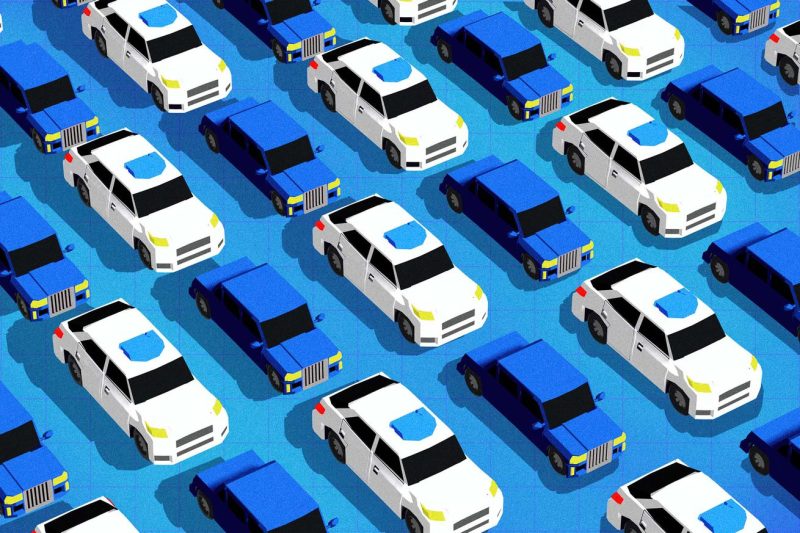The 160-Year-Old Theory about Coal and Our Self-Driving Future
In an ever-evolving world of technology and innovation, the intersection of past theories and future advancements provides a unique perspective on what lies ahead. The 160-year-old theory about coal, known as Jevons Paradox, surprisingly predicts essential insights about our self-driving future.
First proposed by English economist William Stanley Jevons in the mid-19th century, the theory suggests that technological advancements leading to greater efficiency in the use of a resource can paradoxically result in increased overall consumption of that resource. Initially applied to coal consumption during the Industrial Revolution, this concept has implications that extend beyond the realm of energy resources.
As we fast forward to the present day and the ongoing development of self-driving technology, the parallels to Jevons Paradox become strikingly apparent. The promise of autonomous vehicles lies in their potential to enhance road safety, reduce traffic congestion, and increase transportation efficiency. However, the widespread adoption of self-driving cars could lead to unintended consequences that echo the essence of the paradox.
One of the key predictions derived from Jevons Paradox regarding self-driving cars is the potential surge in vehicle usage. With the removal of the need for human drivers, self-driving cars could operate continuously, leading to a constant flow of vehicles on the roads. This increased availability and convenience may encourage more people to opt for car travel over public transportation, walking, or cycling, ultimately resulting in higher overall vehicle miles traveled.
Moreover, the efficiency gains brought about by self-driving technology could lead to decreased costs associated with transportation. As a result, individuals may find it more affordable and convenient to travel longer distances, contributing to an overall rise in transportation demand. In essence, the very efficiency of self-driving cars could inadvertently fuel a fresh surge in vehicle dependency and usage, aligning with the predictions of Jevons Paradox.
Beyond the realm of transportation, the implications of Jevons Paradox on self-driving technology extend to broader societal impacts. The transformative nature of autonomous vehicles has the potential to reshape urban landscapes, influence economic sectors, and redefine social interactions. By considering the long-term implications of widespread adoption, policymakers and innovators can proactively address the challenges posed by increased car dependency and strive to harness the benefits of self-driving technology for sustainable and equitable mobility solutions.
In conclusion, the 160-year-old theory about coal, encapsulated in Jevons Paradox, offers a thought-provoking lens through which to examine the evolving landscape of self-driving technology. By acknowledging the complex interplay between technological advancements, resource consumption, and societal behaviors, we can navigate the path towards a self-driving future that prioritizes efficiency, sustainability, and societal well-being. As we venture further into the realm of autonomous vehicles, the lessons of the past can guide us in shaping a future that maximizes the potential of self-driving technology while mitigating unintended consequences.

